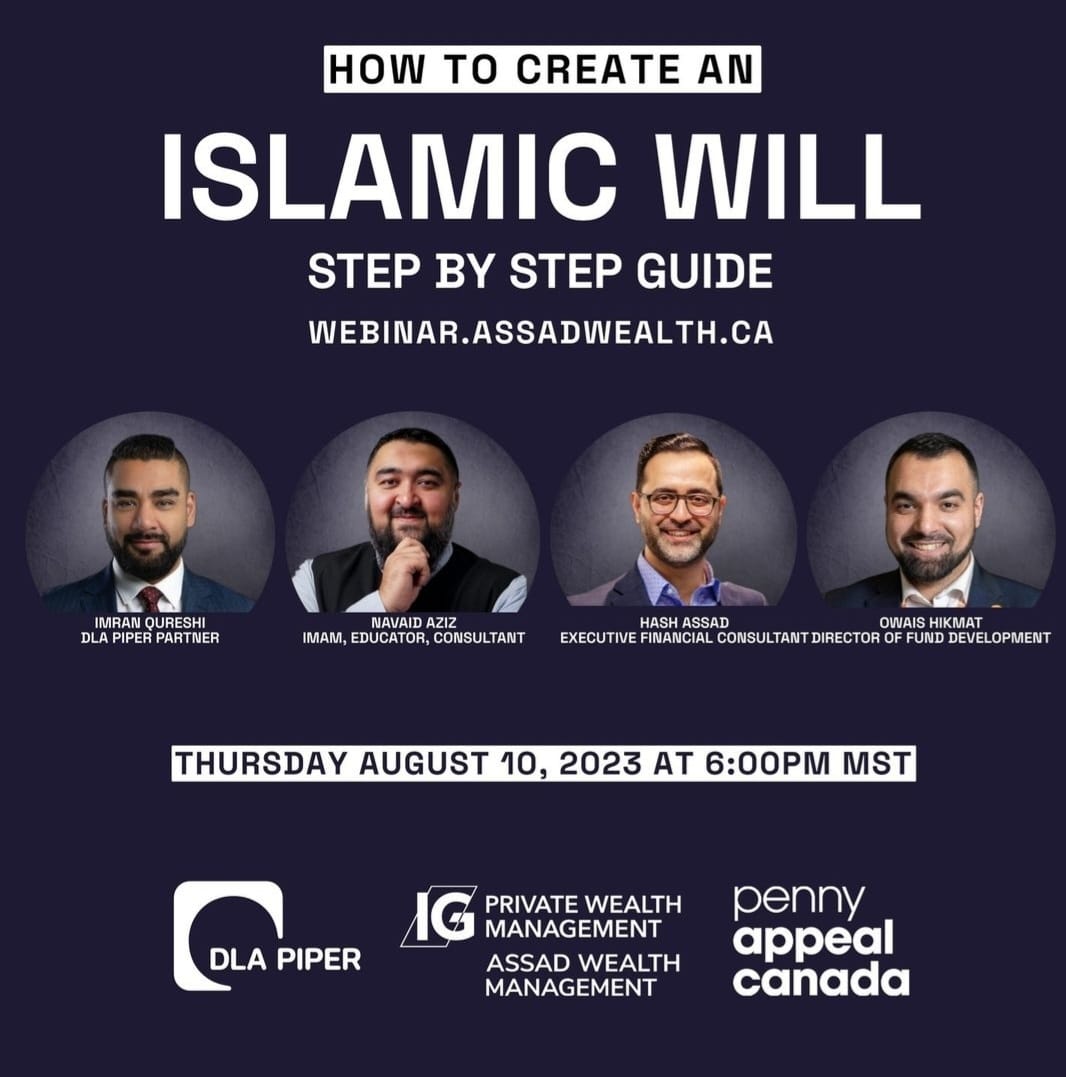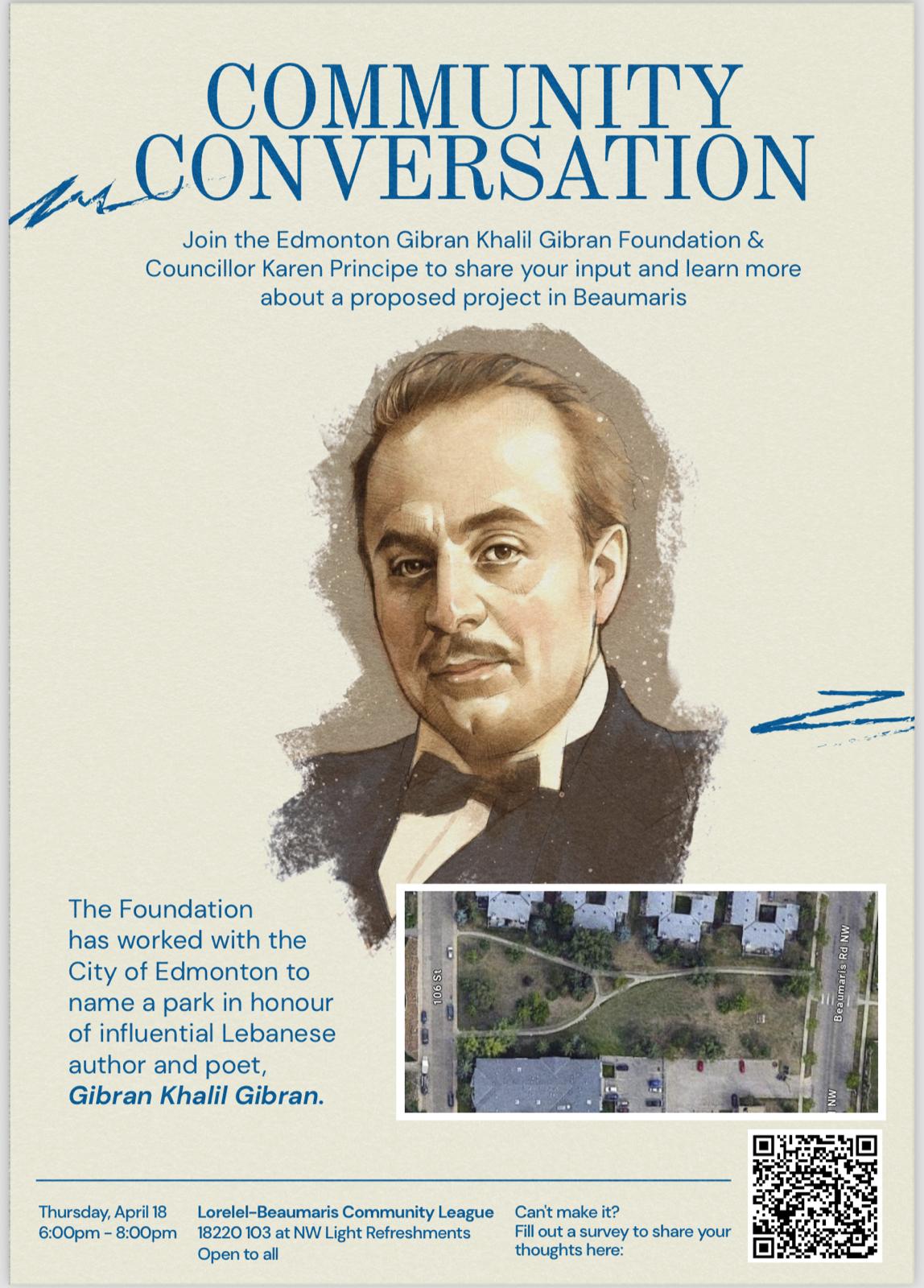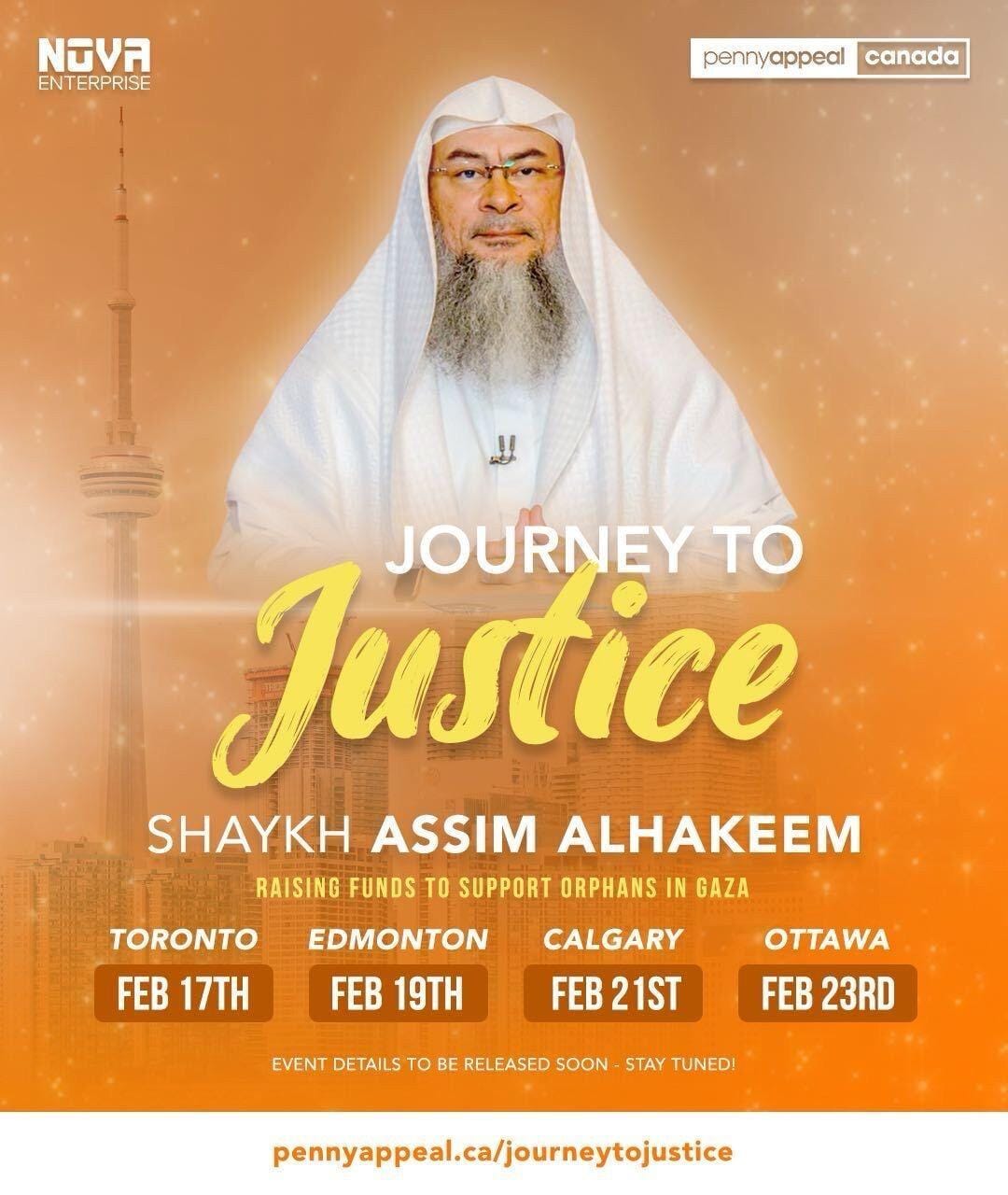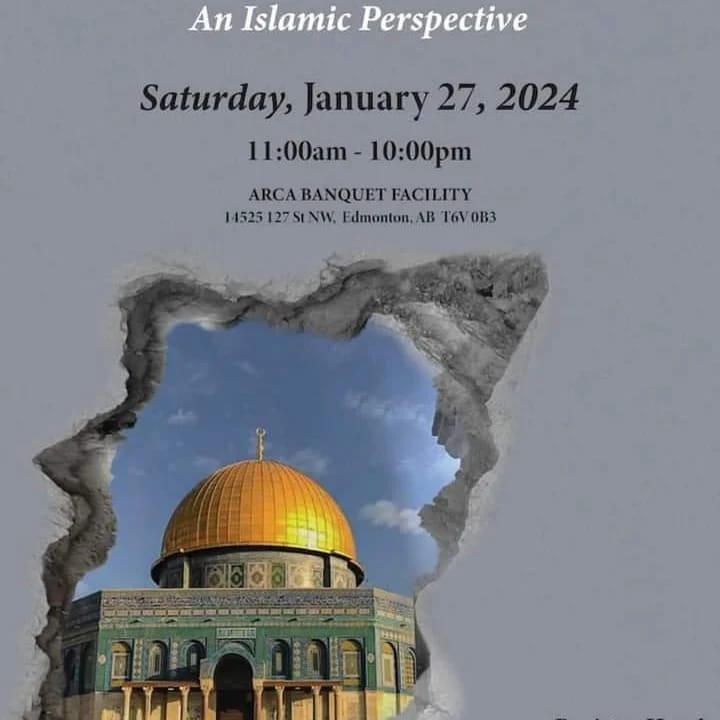by Haris Yar Khan- Jalya Writer
Ibrhaim is a Youth Mental Health Lead and Counsellor with an extensive educational background in Islamic Studies, Christian-Muslim Relations and clinical training in Psycho Spiritual Education (CPE, PCE). Ibrahim also worked as an Islamic Studies teacher and a Hospital Chaplain. Ibrahim is originally from California and converted to Islam in 2005 and since then his interest in Islam has helped shape his career. He chose to help people by utilizing his education in intersections of spirituality and educating/helping them with their mental health.
You have had an extensive education in Religious studies, Christian-Muslim Relations, Social Work and in Pyscho-Spiritual Education; What was the reason for choosing these areas for your education, and what was the connection between these fields?
When I was still a teen in high school, I lost my mother to cancer. That loss, as well as witnessing the faith that my mother expressed through her struggle with her illness, made me give deep consideration to religion in my later teens and early adulthood. Through her struggle, I recognized the resiliency and strength that are born of spirituality and faith. Since then, I have been passionate about the intersections of spirituality, mental health, and well-being.
Traditionally chaplains are thought of as Christian roles. Can you tell us why you chose to become a Muslim Chaplain and any special highlights or experiences you had while working for the hospital?
I certainly did not set out to become a chaplain. However, as I continued to pursue my interest in religion and mental health, I found in chaplaincy the type of work I was always interested in. After I finished my BA in Religious Studies, I knew that I wanted to pursue a master’s degree, but I could not find a program that spoke to my interests. Most academic programs in Islamic Studies focus on the history of Islamic thought, philosophy, and theology. While I am fascinated with this history, my goal in studying was to learn about religion to help people not just educate them. It was at this time that a friend suggested that I look into a new program at Hartford Seminary focusing on “Islamic Chaplaincy.”
I really did not know what chaplaincy meant at the time, but as I looked through the course offerings I saw classes that said “Muslim Mental Health” and “Addiction and Spirituality” and I felt like I finally found the program that I was looking for.
It would take too long to even try to summarize all that I gained from my studies at Hartford Seminary and the later training I completed as a hospital chaplain. I still carry and reflect upon these experiences and have shared some of these through publications and even at the recent Mosquers event. If someone would like to read about my experience as a Muslim chaplain in a hospital, I’d encourage them to read my chapter in Mantle of Mercy: Islamic Chaplaincy in North America.
You currently serve as a Youth Mental Health Lead and counsellor; why did you choose to work with youths?
I know what it is like to be a young person who is struggling. When my mother was struggling with cancer, and then later after she passed, I did not know who I could turn to. Most of my friends were too involved in their own lives or having fun. I used to resent them for that, but only later realized that, like me, they were just kids. They did not know how to support someone through grief.
I care about youth in need because I was one. I am what others in my field call a “wounded healer.” I don’t want others to go through what I experienced alone.
You also do a lot of interfaith work for the community regarding mental health, including classes, volunteer counselling, workshops and conferences. Can you tell us about some of those events and what people can expect when they go to them?
I first started getting involved in interfaith programs, dialogues, and initiatives in 2005. This was, of course, shortly after 9/11, and many non-Muslims were receiving inaccurate information about Islam and Muslims. At that time, interfaith was about correcting misconceptions. While misconceptions are still a major purpose for interfaith work, there is also something deeply spiritual about engaging with others at a human level where, despite your differences, you can still identify with and respect another person’s faith commitments as something that gives their life meaning, hope, and purpose.
Where can people find you or learn more about the community events you volunteer for, and do you have any coming up?
Presently, I am mostly engaged in providing professional workshops and training within our community around spirituality and mental health. Sometimes this is through IslamicFamily, or REACH Edmonton. The next event that I am scheduled to speak at is a chaplaincy training event hosted by ISNA in Chicago. I am not very active on social media, but I do have an Instagram account that people can follow if they are interested: @Ibrahim.J.Long They can also follow @TheGreenRoomYEG to learn about events I am involved in through Islamicfamily.





